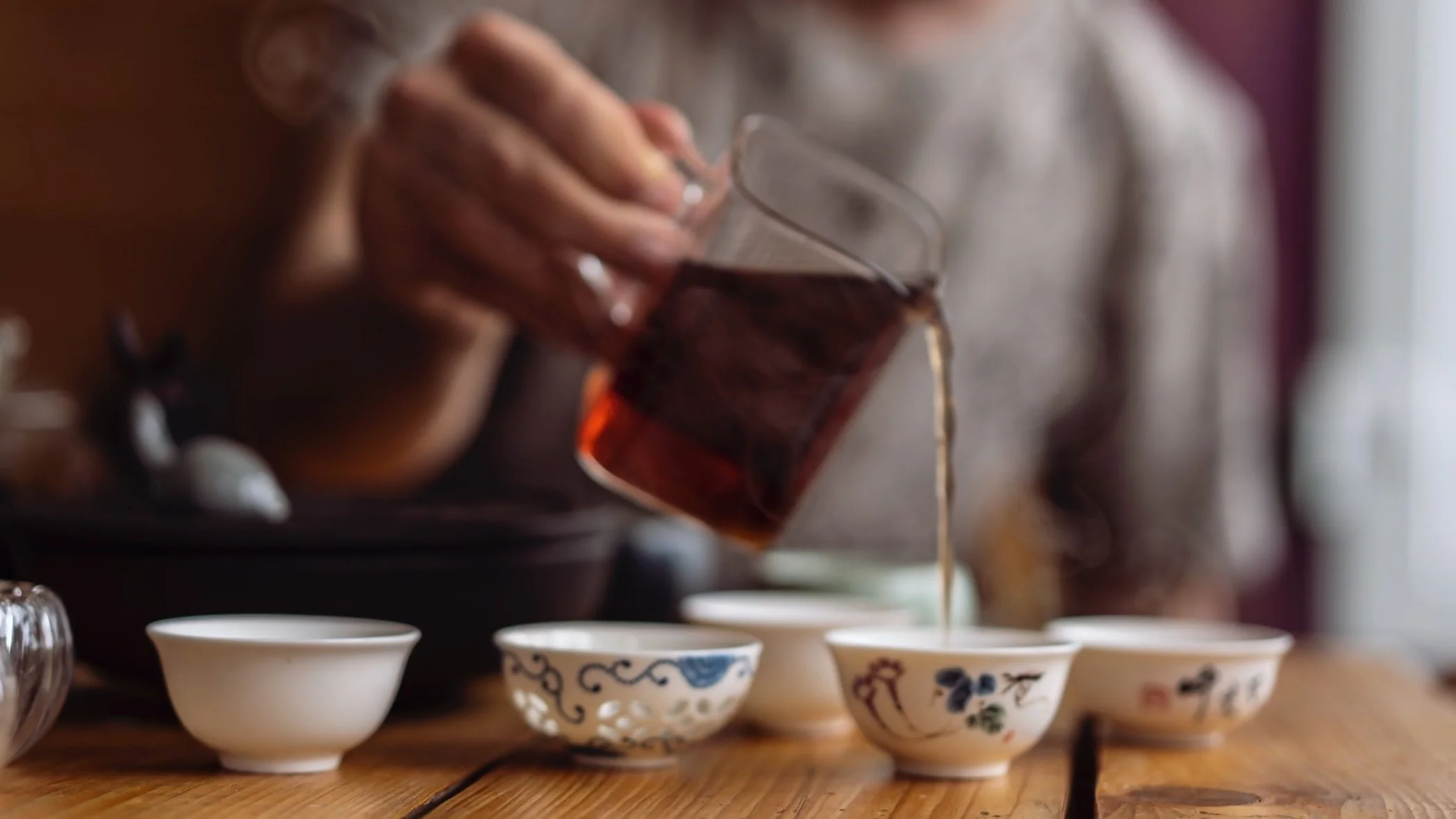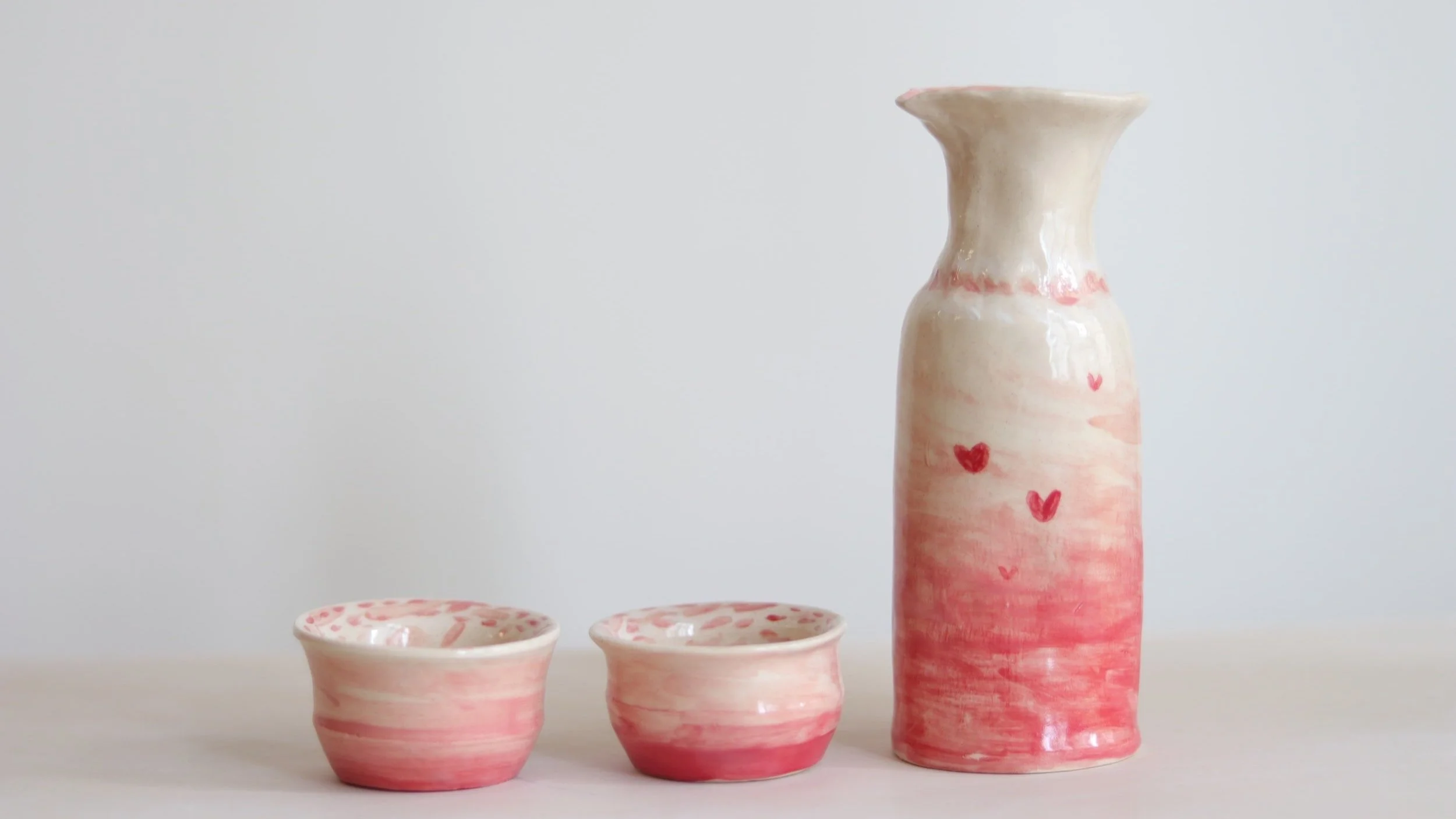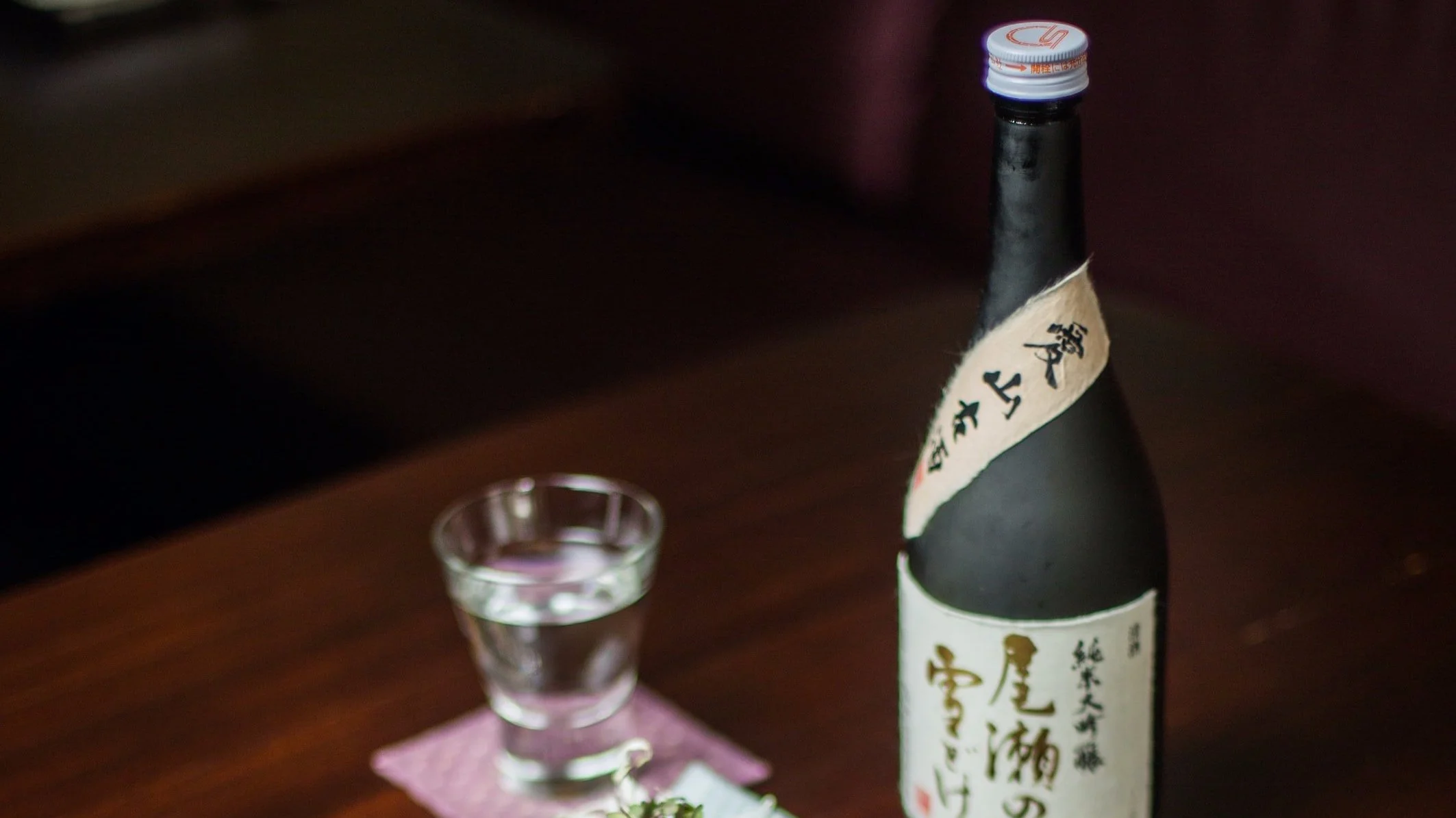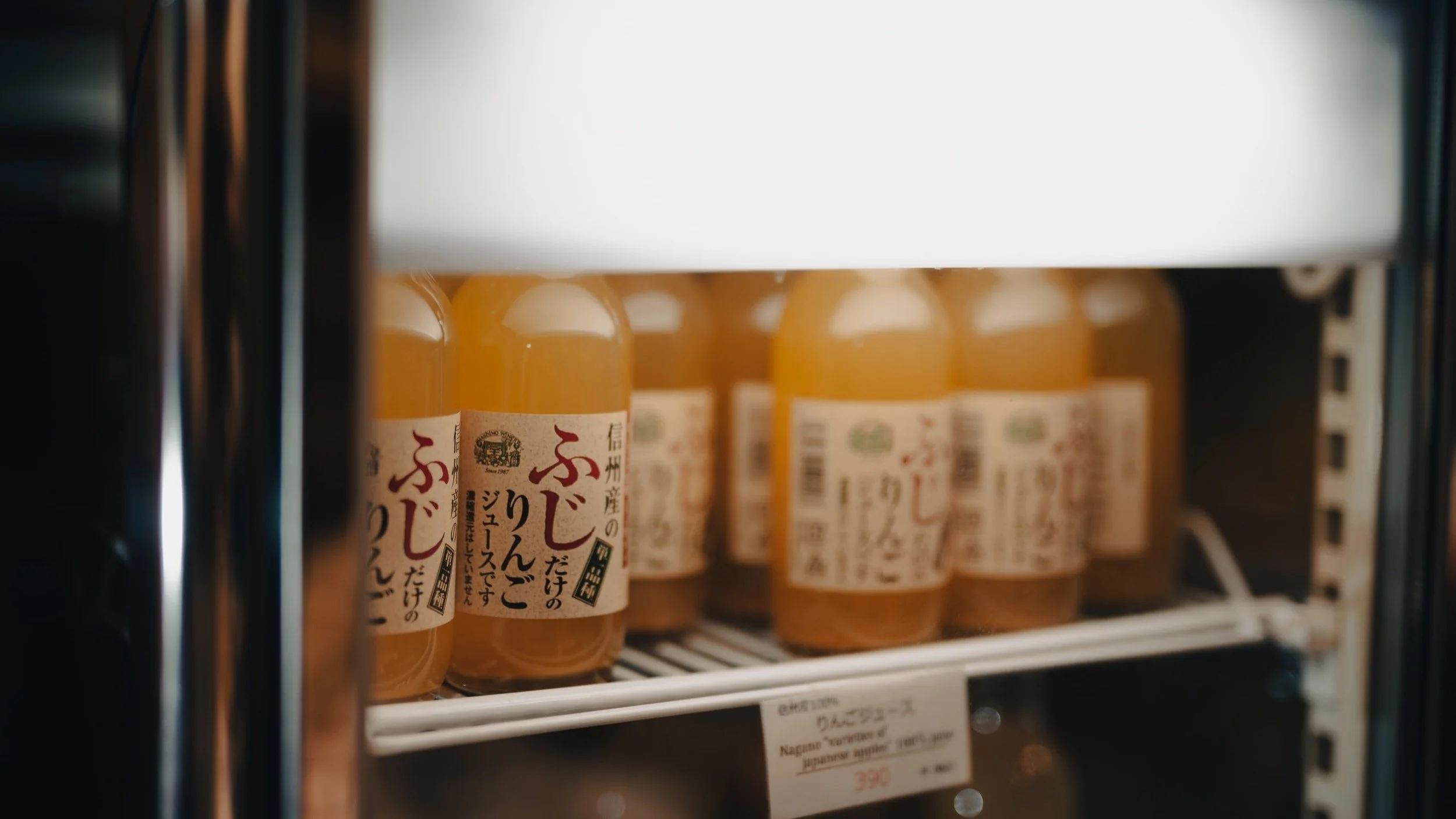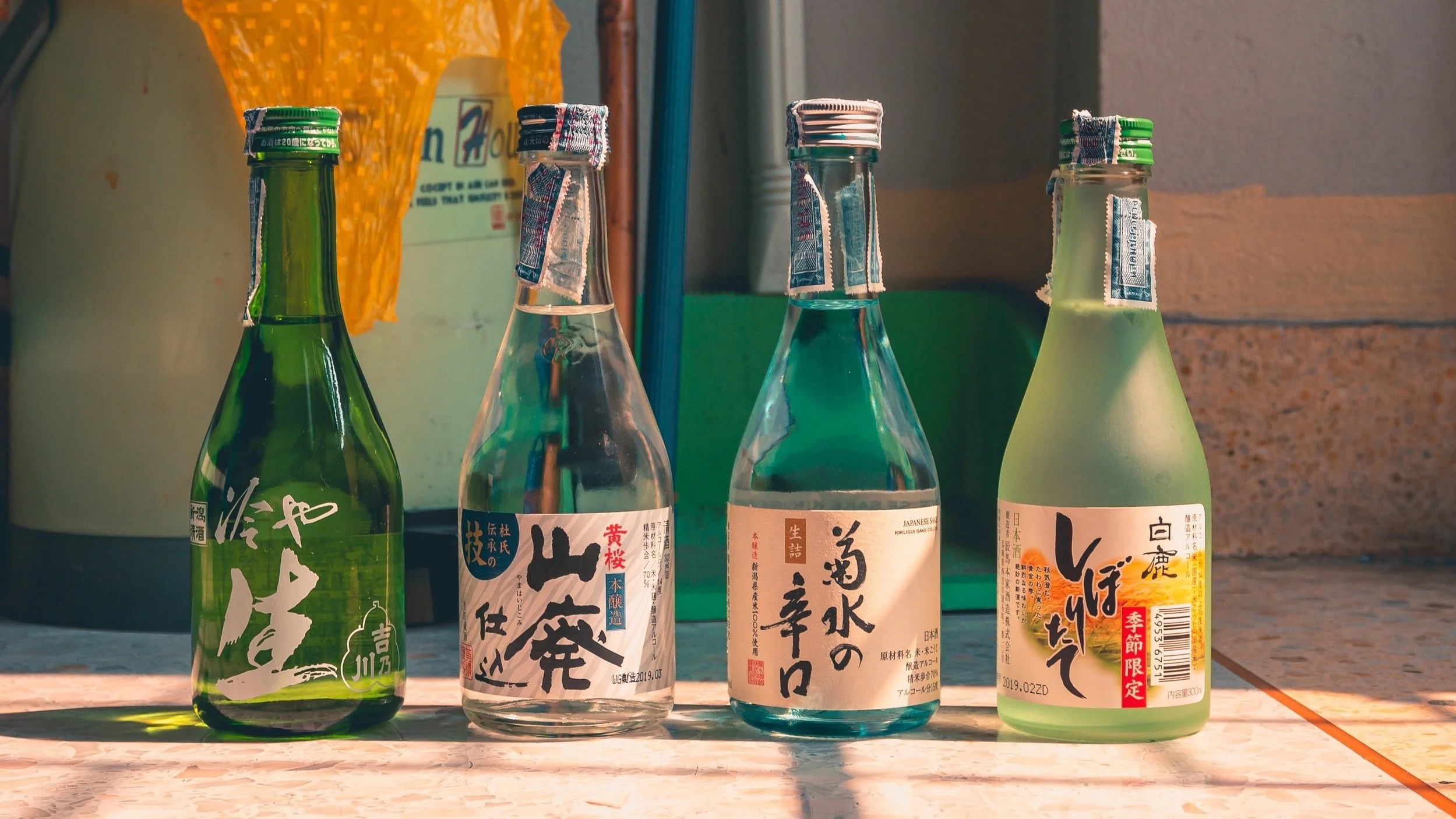JUNMAI-SHU
Junmai-shu contains pure unadulterated sake and no brewer’s alcohol is added to it. No additional starch or sugar is added to the alcohol. Junmai-shu uses Seimai Buai of a minimum of 70% of milled rice. This means that no more than 70% of the rice maintains its original size. Only about 30% of the rice grain has its outer layer removed.
ginjo-shu
The Ginjo-shu is made with rice, of which 40% is milled, while 60% retain their original size. It has a wonderful aroma, and has a delicate and light flavor. Brewers of Ginjo-shu use a special type of yeast and the rice mash is fermented in low temperatures. It also requires labor-intensive techniques to prepare the sake. It is best served cold to retain its flavor and aroma.
daiginjo-shu
The Daiginjo-shu is a type of Ginjo-shu. It too uses a rice mash made with sake rice that includes milled rice in a percentage between 35%-50%. This alcohol is high on fragrance and has a full body, delicate taste and a brief tail.
honjozo-shu
Honjozo-shu uses sake rice which has a Seimai Buai or the degree of milling of 70%. This means that 70% of the grain retains its original size, while 30% is milled. The sake is made by adding brewer’s alcohol and is not as potent as sake that is made without the addition of alcohol. This addition is responsible for giving the sake a light and smooth body and flavor. It also makes the aroma of the drink distinct and easily identified. The Honjozo-shu is ideally served warm.
namazake
Namazake basically means that the alcohol is not pasteurized. All types of sake can be Namazake. Therefore, Junmai-shu, Ginjo-shu or any other types of sake can be Namazake. This type of alcohol needs to be refrigerated so that the flavor and aroma of the drink does not change. Some other types of sake include Jizake, or sake that is produced by small brewers and is not mass produced. This doesn’t always mean that it is high quality.
genshu
Rich, round, ravishing. This “genshu,” or undiluted junmai sake, has a higher alcohol content with concentrated robust flavor. It has an almost creamy texture that delivers layers of flavors like pear, lychee and banana. Beneath it all lies a nuttiness that only adds to the complexity.
nigori
Nigori means 'cloudy' and this style of sake is thicker and creamier in texture, with a milk-like appearance. The 'cloudiness' comes from the rice sediment which remains in the sake after it has been passed through a special coarse-mesh filter.
tokubetsu junmai
In Japanese tokubetsu means “special” and Hakkaisan Tokubestu Junmai is special in many ways. The signature ingredient of this sake is the fine local water, coming from melting snow and filtered by Mount Hakkai. The purity of this naturally soft water is what gives Hakkaisan Tokubetsu Junmai its very special smooth taste and flavor.


